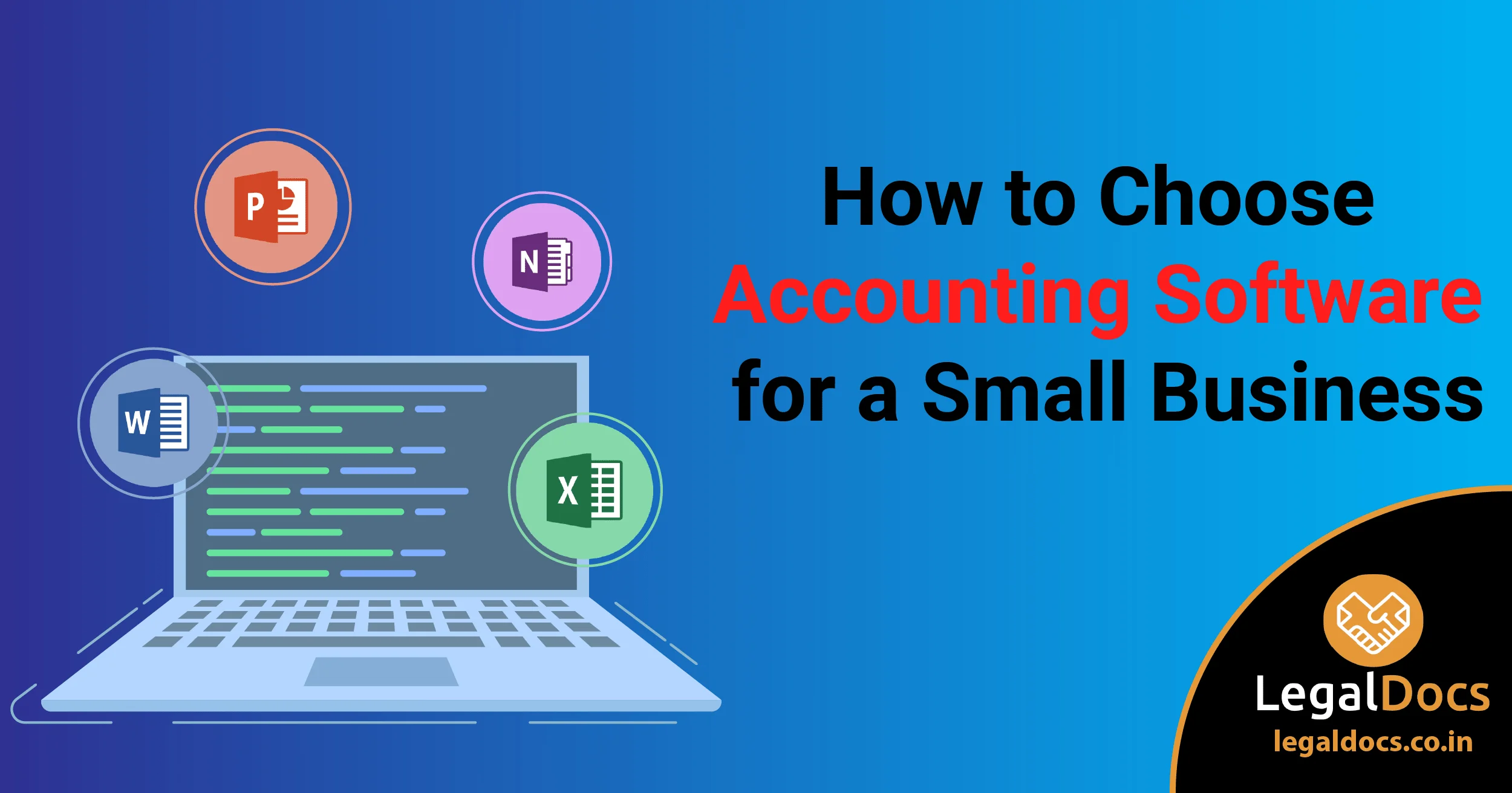What is Incorporated Company?
Are you a DREAMER..?
Are you aspiring to become a BUSINESS TYCOON..?
Do you dream of people WORKING FOR YOU for achieving YOUR DREAMS..?
Are you aspiring a constantly GROWING income, instead of CONSTANT salary income..?
So, Business is your thing..!
Whenever you are starting a business on a scale or whenever your existing business reaches to a level - WHERE you might need multiple people’s involvement in it, besides you, WHERE your business needs some considerable amount of Investment, 1 lakh or so, WHERE the business is not just Personal Skill-based but needs Planning, Management and Execution, you shall choose to Incorporate a Company.
WHY IS INCORPORATING A BUSINESS IMPORTANT?
To every businessman, who is at an initial stage, the question appears -
What is INCORPORATED COMPANY..? Why should I INCORPORATE a COMPANY..? etc.
So, to answer the WHATs - technically, when any Business entity is registered with Government of India (namely, Ministry of Corporate Affairs), it is called as Incorporated Company.
And to answer the WHYs - well, this may take a while.!
When a business is INCORPORATED, it gives numerous benefits, which you are deprived of while being a Sole Proprietor or a Partnership Firm. The benefits that an Incorporated Company reaps are -
It is considered as a Separate Legal entity which means that it becomes its own legal business structure, separate from the individuals who had found the business;
It gives you Protected Liability. Let’s put it this way - when you start a business as a proprietorship or a partnership firm, you put extreme efforts and most importantly you invest a lot of money, from every source possible. As the founder and owner, you are responsible not only for the benefits, assets and profits but also for all the debts, liabilities and losses; here, responsible means, personally liable for debts and liabilities.
However, when your business entity is an Incorporated Company, you are responsible only for that amount of money which you personally invested. Your personal assets cannot be used to satisfy the debts and liabilities of the incorporated business entity.
It gives better ability to bring in external Investment i.e. you can raise capital by offering shares in exchange. If you Incorporate your business as a Public Limited Company, you can even list your company on various Stock Exchanges and thus reach to a wide range of people so as to collect ample amount of required capital.
It separates Management from Ownership so eventually, Directors are the managers of the business and its day to day activities. Whereas, Shareholders who are the actual owners, reaps the benefits of the investment they made into the business.
Also, when your entity is registered with Central Government, namely MCA, an Incorporate Company has more credibility with potential customers, vendors and employees which is helpful for efficient operations.
Most importantly, it helps you in expansion. This credibility helps you bring more Venture Capitalists i.e. Big Investors, which helps you expand your business both organically and inorganically.
Thus, Company Incorporation can help you do everything that any established business entity that you idealise or look upto can do..!
WHICH TYPE OF COMPANY SHOULD I CHOOSE FOR MY BUSINESS ?
There are various types of Companies with which your business could be registered depending upon the Nature of your Business, Number of people involved as Promoters, Investment required to start or to scale up the business, etc.
For an initial stage of any kind of day to day business, you can choose to incorporate any of the following types of a company -
1. Private Limited Company - for Business at the initial stage with 2 person’s involvement.
2. One Person Company (OPC) - for Business at the initial stage with only 1 individual being whole and sole of the business.
There are also other types of Company with which you can start a business depending upon the nature of your business and investment requirement, namely,
3. Public Limited Company - for Business at a large scale, needing a huge amount of investment (capital) and wants to issue its shares to the public at large.
4. Nidhi Company - for Business which is a kind of a financial company where the aim is to inculcate saving habits to the members of the company - min. 200 members
5. Section 8 Company - for an entity which is into social welfare and is not looking for Profit from this business.
6. Banking Company - for an entity who wants to start a Banking Business.
7. Non-Banking Financial Company (NBFC) - for an entity who is into Finance related business, but is not into a banking business, e.g. micro-finance business.
Then there are some lesser-known types of Company such as
8. Government Company - for those businesses wherein Government holds some interest - partially or fully.
9. Foreign Company - an already established business entity who has its head office in a foreign country and is desirous of conducting business in India.
10. Indian Subsidiary Company - when you want to register such a business which is already conducted by a Foreign Company who wants to open its Branch or Subsidiary in India, then you shall get such business registered as an Indian Subsidiary Company etc.
Out of all the above, the most prevalent types of corporate legal entity for small business at an initial stage is Private Limited Company and One Person (Private Limited) Company.
Private Limited Company is a very old school and most accepted concept wherein atleast two people shall come together, pool the required investment (there is no limit on minimum contribution) and start executing the legitimate business idea that they had conceived.
One Person Company is also an old school concept, just like proprietorship, where just one person is whole and sole of the business. But the new thing here is that now we can Incorporate a Company where there is just one human being who is whole and sole of the Incorporated Company. He/She is both Manager as well as Owner i.e. Director and Shareholder and no one else has any major role in this entity.
 Knowledge Center
Knowledge Center


























LEAVE A REPLY: